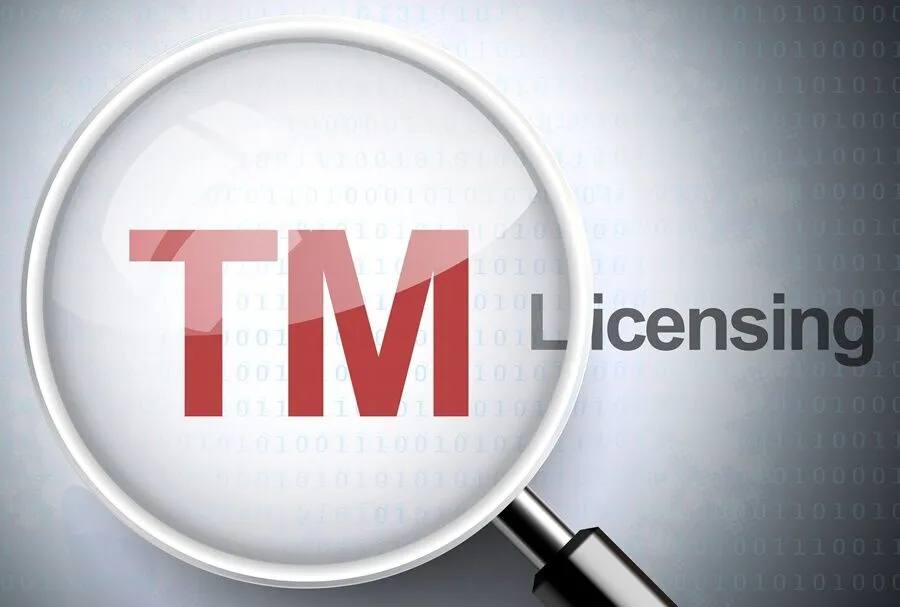

A trademark license (which is different than a trademark assignment) is basically an agreement in which a trademark owner (the “licensor”) permits someone else (“the “licensee”) to use the licensor’s trademark in connection with specific products or services. Although a trademark license agreement isn’t generally required to be in writing to be legally enforceable, it’s strongly recommended that all trademark licensing agreements be in writing and signed by both the licensor and licensee.
Some common examples of trademark licensing you probably see every day are:
Although the terms of every license are different and may be freely negotiated between the licensor and licensee, all licenses must at least include the following provisions to be valid:
From a licensor’s perspective, the quality control provisions of a trademark license are the most important. The licensor must continuously make sure that the licensee’s products/services meet a certain standard or else the value of the licensor’s trademark could be harmed. Furthermore, licensors often require that any advertising and promotional materials created by their licensees be approved prior to public dissemination. The failure of a licensor to demand and enforce strict quality control can leave the licensor’s trademark vulnerable to attack by third parties and the trademark may ultimately be deemed to have been abandoned.
Of course, the five provisions listed above are not the only ones that the parties to a trademark license should consider. Optimally, a trademark license should also explicitly state (1) whether the license is exclusive or non-exclusive, (2) the duration of the license, (3) whether the license may be renewed and under what conditions, (4) the amount of any royalty payments or other compensation due to the licensor and when those payments are to be made, (5) the responsibilities of both parties upon the termination or expiration of the license, and (6) the consequences of breaching the license and the time in which the breach must be remedied.
If the trademark being licensed is registered in the United States Patent and Trademark Office (USPTO), the trademark license may be recorded with the Assignment Services Division using the USPTO’s Assignment Center System. This gives constructive notice to the world of the licensee’s rights to use the mark. However, many licenses include confidential or commercially sensitive information that the parties may not want available to the public. In those cases, it may be possible to record a redacted version of the license agreement or to file a separate document executed by the parties that makes reference to the existence of a license.
In conclusion, trademark licensing can be an effective and relatively inexpensive way for a trademark owner to expand the use and public recognition of its trademark. But, there are also many pitfalls of which licensors must be aware in order to avoid diminishing the value of their trademarks or, even worse, losing their trademark rights all together.
I’m experienced US trademark attorney Morris Turek. If you would like to learn more about trademark licenses, or perhaps need some assistance with preparing a trademark license from a skilled trademark attorney, please feel free to contact me at (314) 749-4059 for your free legal consultation. You can also request your consultation by emailing me at morris@yourtrademarkattorney.com or by completing my contact form (below). I look forward to hearing from you soon.